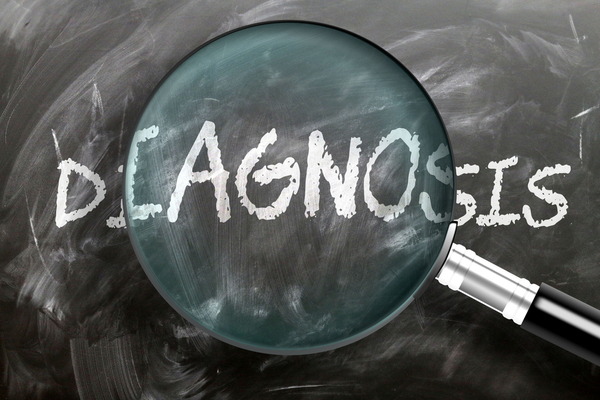- Symptoms:
- Include sore throat, fever, painful lymph nodes on neck; often without cough or stuffy nose
- Importance of diagnosis:
- Can prevent complications with heart and kidneys
- Treatment:
- Often with oral antibiotics
- A sore throat can have many causes, but one of the more concerning ones is “strep throat” caused by an infection of the throat and tonsils by group A streptococcus bacteria. Associated symptoms include fever, painful bumps on the neck called lymph nodes, a stuffy nose, and a scratchy and raw throat.
How do you get Strep?
Strep throat is highly contagious, although you may not personally know someone who has had it.
The majority of people are infected when they breathe in droplets that are coughed or sneezed by a person carrying the infection, touching an item handled or breathed on by an infected person and then touching their mouth. Similarly, you may be infected if you drink from a glass or bottle shared with another person who is carrying the infection.
Why is it important to be tested for and treated for Strep Throat?
Strep infection can affect many other parts of your body. Aside from just the discomfort of a scratchy throat, the Streptococcus bacteria can harm the kidneys causing inflammation or the heart, joints and skin with a condition called rheumatic fever.
What are the Symptoms?
The symptoms of strep include a sore throat, painful swallowing, fever, headache, rashes and overall sense of malaise. Seeking prompt medical care at an urgent care can result in a quick and accurate diagnosis; therefore limiting your time of feeling awful and decreasing your risk of complications with an early treatment plan.
How will you be Diagnosed?
There are some groups at greater risk for this infection than others, particularly school-aged children of five to 15. If you are an adult, you may be asked by your doctor if you have been in close contact with children at schools, daycare centers, or other areas.
Exam findings can include a red and raw looking throat with possible white patches or exudates on the tonsils as well as spots on the roof of your mouth called petechiae.
The diagnosis of strep at an urgent care facility has been made easier by the introduction of rapid tests that take only a few minutes to complete. A swab of the throat is used to test if you have the bacterial infection with Streptococcus A.
What is the treatment?
Antibiotics can reduce your duration of infection and the time you are contagious to others. The common treatment for strep throat is the use of a course of oral antibiotics, usually penicillin or amoxicillin. Using antibiotics to limit the problems associated with strep can mean there is a lower chance of you infecting others and suffering for a longer period of time. There are many complications possible with strep as mentioned above, but you can limit the risk of these problems when you seek help at an urgent medical care location without delay.
The Takeaway
Strep throat is an ailment that you do not want to ignore. It is highly contagious and this risk is alleviated once you are on antibiotics for greater than 24 hours. In addition, the streptococcus bacteria places you at risk for some other unwanted conditions such as rheumatic fever, so be prompt and visit your urgent care today, if you think you have strep.

